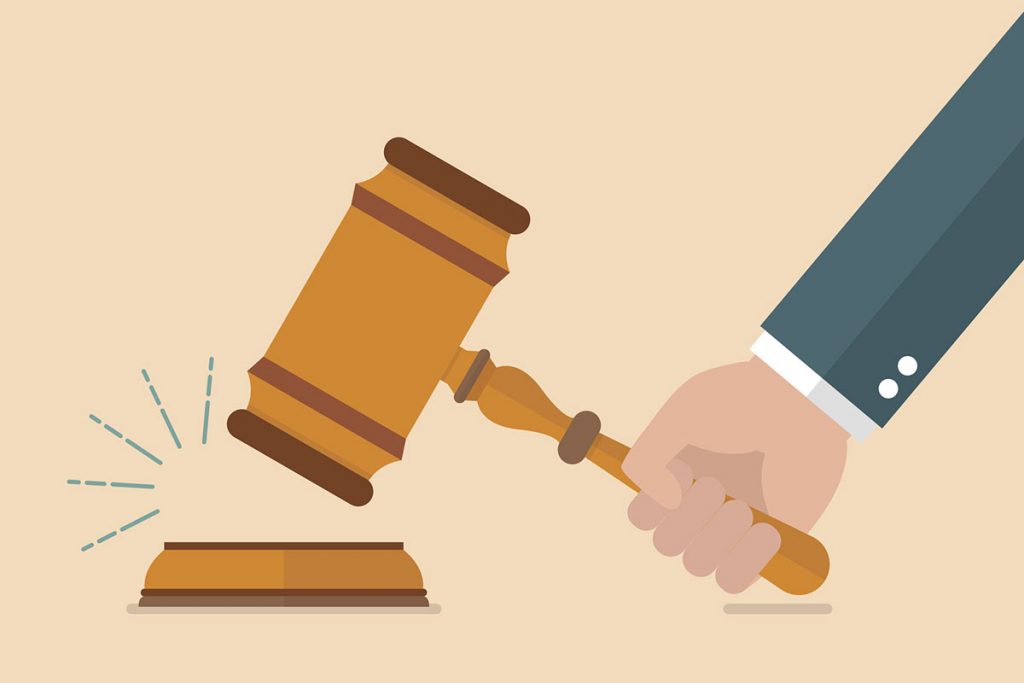
A pivotal challenge to the U.S. Securities and Exchange Commission (SEC) authority is set to unfold before the Supreme Court, marking another legal skirmish against federal agencies regulating financial markets. This challenge questions the SEC’s power to safeguard investors from fraud through its in-house tribunal system, with the Biden administration appealing a lower court ruling that curtailed the SEC’s enforcement capabilities. The case involves hedge fund manager George Jarkesy, who faced fines and industry expulsion over allegations of securities fraud.
The Controversy
Critics argue that the SEC’s in-house system provides an unfair advantage, allowing the agency to prosecute cases before its judges rather than facing a jury in federal court. The 5th U.S. Circuit Court of Appeals ruled in favor of Jarkesy’s challenge, asserting that the SEC’s use of in-house enforcement proceedings violates the Seventh Amendment right to a jury trial and encroaches upon presidential and congressional powers.
Want to know if you’re earning what you deserve? Find out with LawCrossing’s salary surveys.
Potential Implications
Legal experts highlight that the outcome of this case could hinder the SEC’s ability to identify and penalize wrongdoers in the securities industry. The broader context reveals a separate challenge to the Financial Industry Regulatory Authority (FINRA), an industry-financed “self-regulatory organization,” is also in progress. Conservative and business groups supporting these challenges express concerns about the expansive reach of the federal “administrative state” in various regulatory domains.
Industry Concerns
Some concerns limit the SEC’s and FINRA’s efficiency in addressing misconduct, which could have lasting repercussions, allowing malfeasance to persist within the financial system. Professor Benjamin Edwards of the University of Nevada, Las Vegas, emphasizes the importance of a robust enforcement structure, stating, “Our financial system ultimately runs on trust, and you have to be able to trust that the people you’re working with are operating honestly.”
Legal Landscape
This challenge is part of a series of legal attacks against the SEC, even as the Supreme Court, with its 6-3 conservative majority, has shown skepticism toward expansive federal regulatory power. Past decisions faulted the SEC’s selection of in-house judges and eased the process for targets of agency actions to challenge decisions in federal court. The court is also poised to decide on the constitutionality of the Consumer Financial Protection Bureau’s funding structure.
Case Background
The SEC investigated George Jarkesy in 2011, resulting in fines and an industry ban for securities fraud. The 5th Circuit overturned the SEC’s decision, citing concerns about the right to a jury trial and the SEC’s discretion in choosing in-house or federal court proceedings. Additionally, it criticized the job protections for administrative judges, arguing that they infringe on presidential powers.
The FINRA Challenge
Simultaneously, a constitutional challenge to FINRA’s structure, brought by Alpine Securities Corp, is working its way through the federal appellate courts. Alpine claims that FINRA wields government power and should be subject to constitutional provisions, including presidential oversight. This case, if brought to the Supreme Court, could have profound implications for FINRA’s regulatory authority.
Industry Frustration
Frustration within the business community has grown as the SEC continues to impose fines on defendants. Critics, including UCLA School of Law corporate law expert James Park, argue that the SEC and FINRA lack sufficient checks on their discretion, potentially leading to overly aggressive enforcement practices. The outcome of these legal challenges may reshape the regulatory landscape for financial markets, impacting the SEC’s and FINRA’s roles in ensuring market integrity and investor protection.
Don’t be a silent ninja! Let us know your thoughts in the comment section below.

